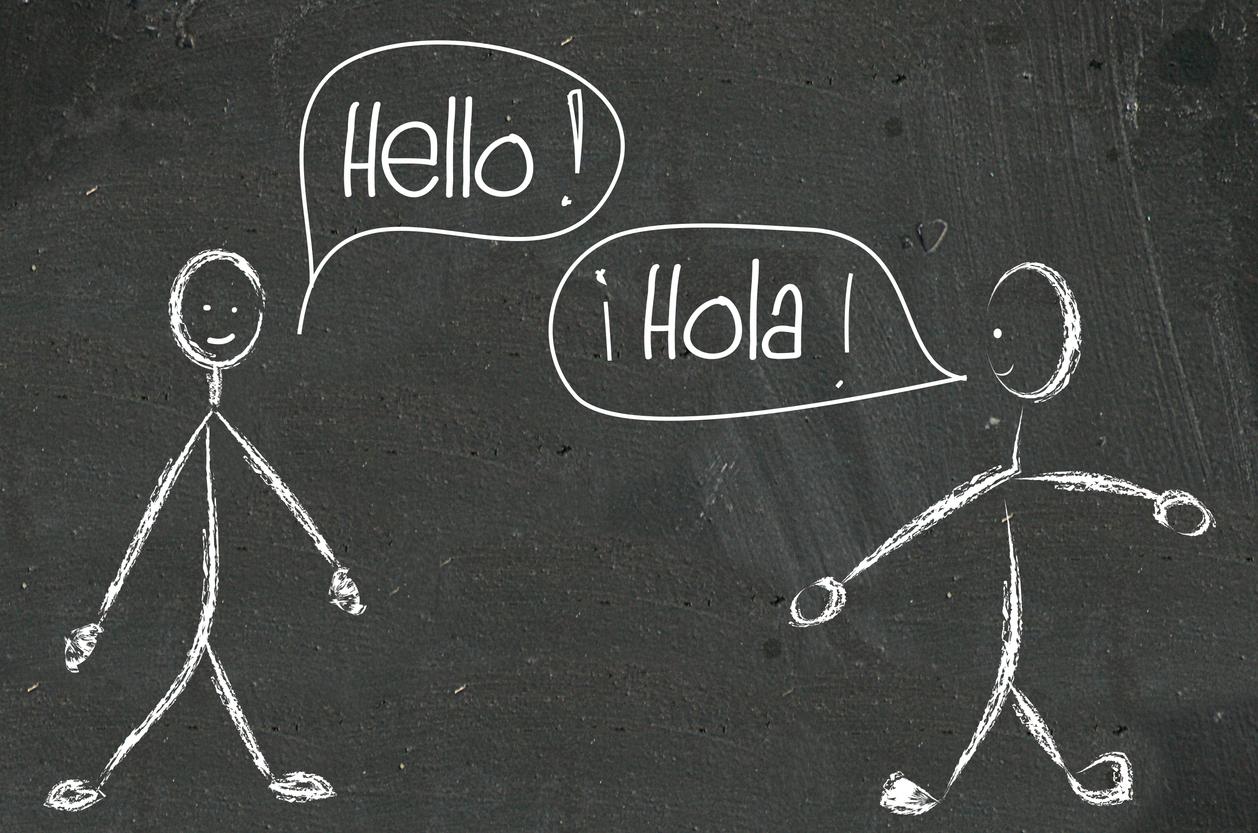The areas of the brain responsible for reading ability are also involved during mathematical thinking.

- How our brain is wired for reading actually influences how the brain works for math.
- Reading skills will affect how you approach problems in other areas and help us better understand children with learning difficulties in reading and math.
It is an unexpected discovery. While conducting research on dyslexia, researchers from the University of Buffalo managed to clearly demonstrate how the areas of the brain responsible for reading ability are also at work during seemingly unrelated activities, such as than math. The results of the study suggest that reading, writing, and arithmetic might actually overlap in ways that had not yet been imagined to be experimentally validated. This work was presented on February 12 in the journal Frontiers in Computational Neuroscience.
Work on dyslexia
“These discoveries shocked meconfessed Christopher McNorgan, assistant professor in the Department of Psychology at the University at Buffalo and lead author of the article. They enhance the value and importance of literature by showing how reading fluency reaches all domains, guiding how we approach other tasks and solve other problems.. Reading is everything, and saying it is more than an inspirational slogan. This is now a definitive research conclusion.” Scientists began their research with the goal of identifying children with dyslexia based on how the brain is wired for reading. “This seemed plausible to me given the work I had recently completed which identified a biomarker for ADHD”, continues Christopher McNorgan, also an expert in neuroimaging and computer modeling.
For this, with his team of scientists, the researcher studied deep learning networks which are ideal for discovering conditional and non-linear relationships. He first identified dyslexia with 94% accuracy when he completed his first tests conducted on 28 volunteers. To confirm his findings and be able to generalize them, he needed another set of data and chose a mathematical study, which was based on a mental multiplication task, and measured functional connectivity from fMRI information in this second set of data. Functional connectivity is a dynamic description of how the brain is virtually wired from moment to moment. The brain dynamically rewires itself based on the task being performed. Different tasks, different cables or, as the researcher explains, different functional networks.
The same wiring
In the two exercises carried out, the participants engaged in two different tasks: reading and mathematics. Yet in each case, the fingerprint of connectivity was the same, and the researcher managed to identify dyslexia with 94% accuracy, whether against the reading group or the math group. “It became apparent that the brain wiring for reading was also present for mathanalyzed Christopher McNorgan. These results show that the way our brain is wired for reading actually influences how the brain works for math. This means that your reading skills will affect how you tackle problems in other areas and help us better understand children with learning difficulties in reading and math..”
According to the researcher, this result reinforces, if tried as it is necessary, the already strong arguments in favor of literacy. “I looked at two areas that couldn’t be further aparthe concludes. If the brain shows that its wiring for reading appears in mental multiplication, what else could it contribute?”
.

















